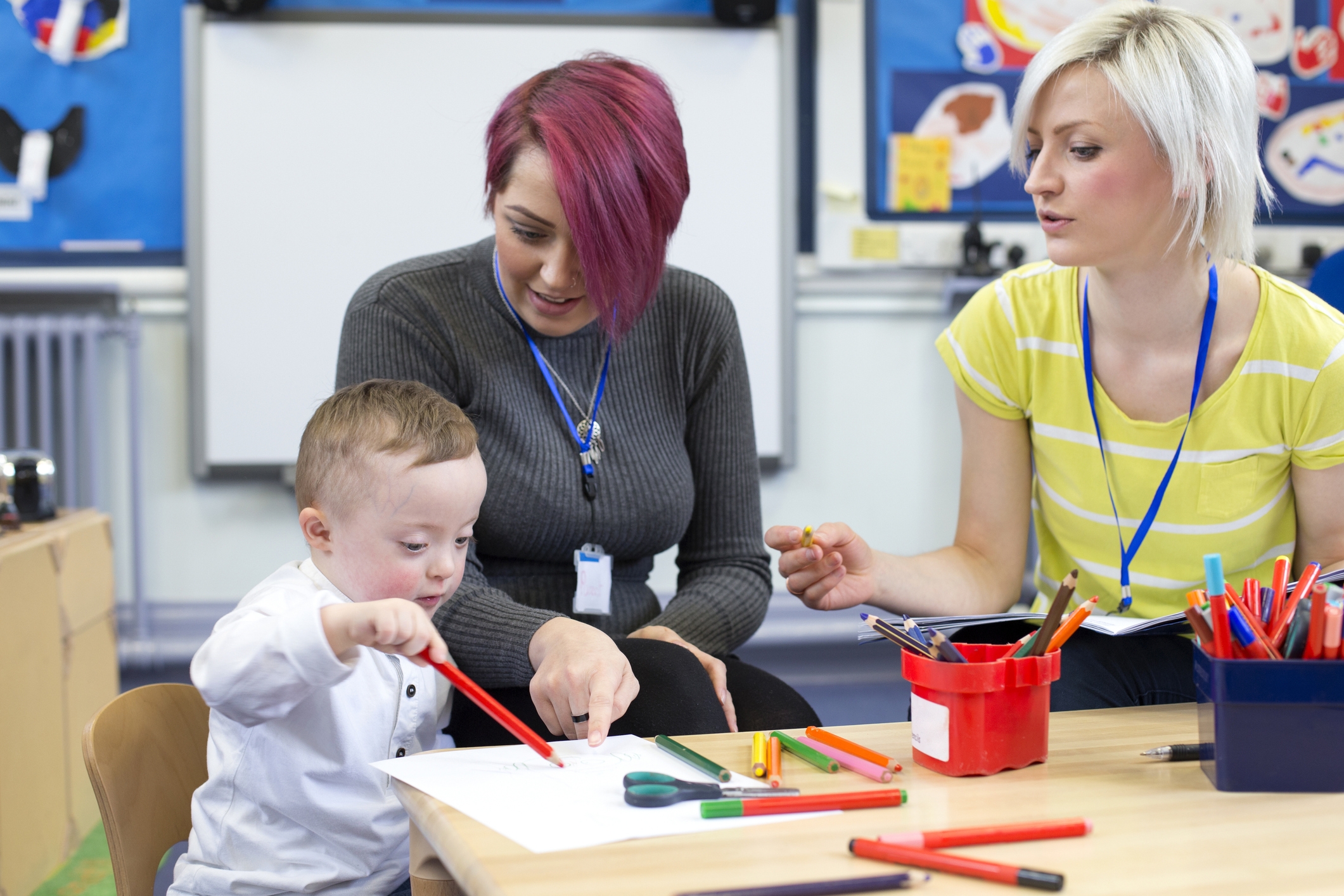In almost every school in the UK, exam season is fast approaching. Teachers and students alike are hard at work to achieve the best results for their school and future. It’s a stressful time all round, but as teachers it’s our time to offer a support net to the students in our care.
The Simply Education team have been working in the world of education for years, and have come to understand the trials and tribulations of exam season. Here are some teaching tips to help your students revise for their exams.
Do a ‘revision styles’ test in class
There are a lot of different ways to learn - as a teacher, you know this better than anyone. For your first lesson of exam season, have your class complete a ‘learning styles’ test each. If they understand the way they learn, it’s the first step to revising in a way that’s going to benefit them. What’s more, you could then separate your class into study groups based on their learning style so that they can all support each other.
Keep an open door
Students often need a ‘safe space’ to study. If they’re at home, they’re surrounded by distractions. Make sure they know the school library opening times, or the quiet parts of school that they can use. If possible, open your own room up at lunchtimes or for an hour after school so that you can be around for any questions whilst they’re studying
Encourage healthy breaks
The most effective way to study is little and often. 7 hours straight of studying is less beneficial than 7 days with one hour of revision. Your students need to know this, because it’s a classic last-minute move to not leave the house for a week. Remind them that you want them to see their friends and continue with their hobbies whenever possible. It’s definitely possible with some forward planning.
Don’t just focus on your subject
Your students have a lot to juggle. Whether it’s GCSE or A Levels, they’ve got a limited amount of time to dedicate to a lot of revision. If you approach the revision support with only your own subject in mind, it’s only going to add to the pressure. Any ideas you suggest, make sure you consider it in the scope of everything else that your class are studying.
Provide tools
Do your best to equip your students with everything they might need. This can be anything from a quick lesson on how to fill out flashcards and revision timetables to reminding them about the productivity apps they could be using to eliminate distractions when it’s studying time. If you’ve got students that you know need a little extra support at times, make sure that they’ve got the notepads and pens that they’ll need to study well.
Keep results out of it as much as possible
We know that in the end, results are what we’re aiming for. The problem is that your students are going to be focusing so much on the letter grade at the end that they forget what they’re really revising for - the knowledge itself. If you do past papers, keep the results personal to the students unless they’d like to share it. Instead, ask if the student can tell you about a certain topic and answer questions on that. When they start to panic, you can remind them that they know all the information they need to, and that will carry them through.
If you’re a teacher looking to take the next step in your career, talk to Simply Education today. We’re education experts that understand what you need from a teaching job - it’s why we’re the best in the business. Find your nearest branch or check out our latest jobs.




